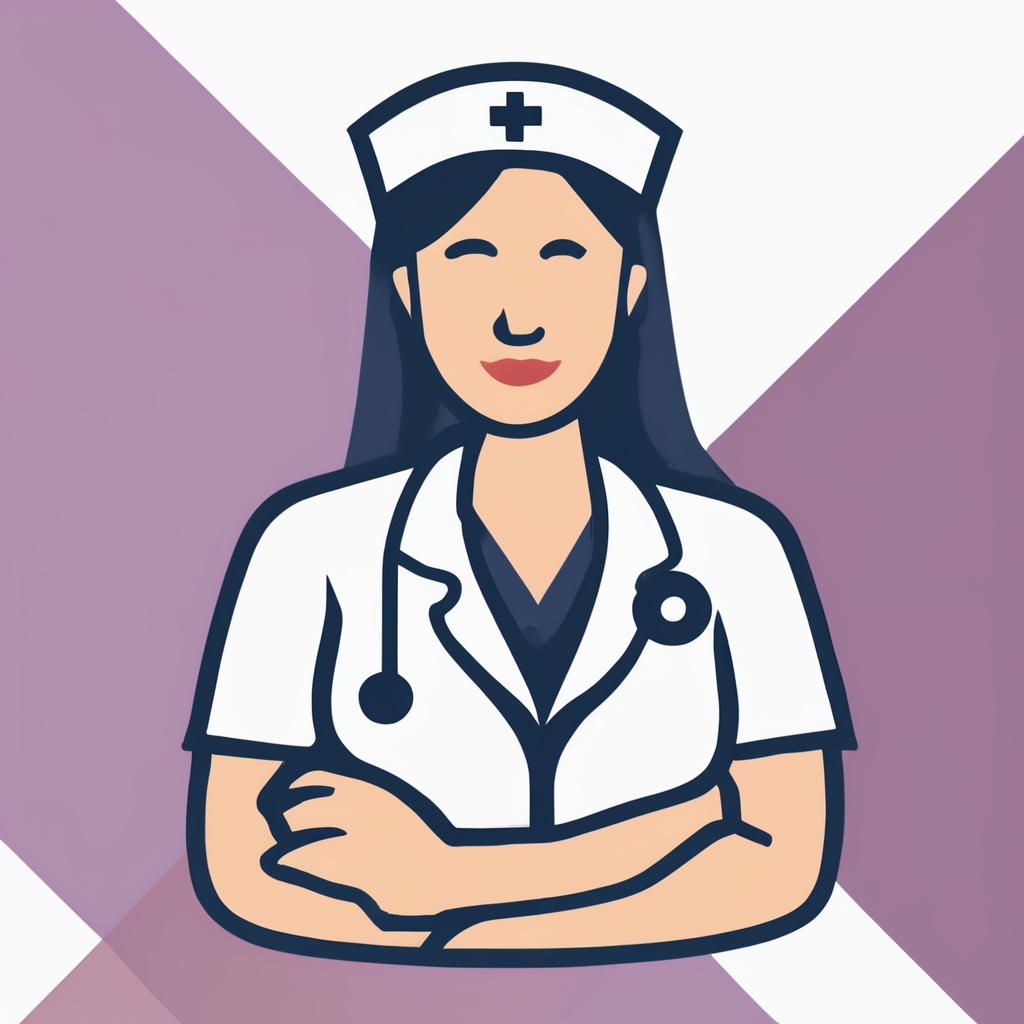Essential NHS Services and How UK Seniors Can Access Them
Navigating NHS services for seniors begins with understanding the range of care available. Core NHS provisions include general practitioner (GP) visits, hospital treatments, mental health support, and community healthcare tailored for older adults. More specialized services, such as physiotherapy and social care, ensure comprehensive support to maintain wellbeing.
For NHS access steps, seniors must first register with a local GP practice. This involves contacting the chosen practice, completing a registration form, and providing identification plus proof of address. Once registered, booking appointments and requesting prescriptions becomes straightforward. Access to NHS services often requires a referral from your GP, especially for specialist treatments.
Also to read : Empowering uk seniors: embrace a healthier lifestyle in your golden years
Regarding health care eligibility, UK residents are eligible for NHS services free at the point of use. Seniors must provide proof of age and residency—typically a passport or driving license coupled with a recent utility bill suffices. While no cost applies for most NHS care, certain prescriptions or dental treatments might require payment unless exemptions apply due to age or income.
Fulfilling these steps ensures seniors can fully utilize the NHS services for seniors tailored to their needs, safeguarding their health through accessible, high-quality care.
Additional reading : Engaging hobbies for uk seniors to boost cognitive health
Government and Community Support Programs for Seniors
Discovering the right senior health support UK programs can greatly improve the quality of life for older adults. The government offers a range of government health programs designed to assist seniors with medical, social, and daily living needs. These include national initiatives such as free flu vaccinations and eligibility for certain healthcare subsidies.
Local councils and community centres also provide community health resources, often tailored to specific areas or demographics. These resources may include exercise classes, mental health workshops, or dedicated support groups aimed at promoting senior well-being.
Identifying appropriate programs depends on individual health conditions and living circumstances. Seniors or their caregivers are encouraged to assess personal needs, such as mobility support or chronic illness management, then approach relevant services accordingly.
To enroll, you can contact your local council’s adult social care department, visit NHS online portals, or consult community centres offering senior-specific assistance. These channels provide detailed guidance on eligibility and application procedures, ensuring access to suitable government health programs and community health resources.
Maximize the benefits of these programs by engaging with multiple support avenues. This approach helps address diverse health requirements, fostering independence and better outcomes for seniors across the UK.
Leveraging Digital Health Tools and Resources
Navigating digital health for seniors can be straightforward with the right tools. The NHS online access platform allows seniors to book appointments, request repeat prescriptions, and view medical records securely. This access empowers users to manage their healthcare proactively without the need for in-person visits.
Remote health support is enhanced by apps designed to assist with medication management. These tools send reminders and track doses, reducing errors and improving adherence. Virtual consultations via secure video calls also provide easy access to healthcare professionals, especially beneficial for those with mobility challenges or living in remote areas.
To use these digital health resources confidently, seniors should ensure their devices are updated with the latest security patches and use strong, unique passwords. Familiarising oneself with the NHS online portals through official tutorials or family assistance can build comfort and skills. Additionally, accessing information directly from trusted NHS websites ensures accuracy and privacy.
By incorporating these digital health tools, seniors can take greater control of their health, receiving timely care while staying safe and connected.
Navigating Common Barriers to Accessing Health Resources
Many seniors in the UK face significant barriers when trying to access health resources. Mobility issues often limit their ability to attend appointments or participate in community health programs. To overcome healthcare access issues related to mobility, NHS and local councils offer transportation services and home visits, ensuring seniors receive care without leaving their homes.
Digital literacy is another common obstacle. Many seniors struggle with using online portals to book appointments or access health information. Addressing this involves offering simple digital training workshops and telephone support services tailored to older adults. Libraries and community centers frequently provide these support sessions free of charge.
Language challenges can also impair access. For seniors who are not native English speakers, healthcare providers in the UK often provide interpretation services or translated materials. Charities and organizations specialize in advocacy, helping seniors navigate complex healthcare systems with personalized assistance.
Examples of overcoming these barriers include volunteer-led transport schemes, peer-led digital literacy groups, and advocacy programs that connect seniors directly with healthcare professionals. These accessibility solutions empower seniors, ensuring they receive timely, personalized care despite common barriers in senior health barriers UK.
Frequently Asked Questions: Health Resources for UK Seniors
When UK seniors seek health care guidance, common questions focus on NHS support and eligibility. Understanding eligibility is crucial. Seniors aged 60 and over typically qualify for free NHS services, including prescriptions and eye tests. Registering with a GP is the first step to access these health resources, ensuring personalised care tailored to individual needs.
For those wondering about NHS support questions, extra assistance is available. Seniors with chronic conditions or mobility issues can request priority access and home visits. Carers may also be eligible for help to support their loved ones’ health needs. Navigating these options can feel overwhelming, but local NHS social care teams offer personalised advice on available benefits and services.
Using online and telephone services is now a common way for UK seniors to manage their health efficiently. NHS digital platforms allow booking appointments, ordering repeat prescriptions, and accessing medical advice without leaving home. Telephone advice lines provide guidance for urgent queries or help with managing long-term conditions. These services enhance convenience and ensure seniors receive support when needed, promoting better health outcomes through timely access to resources.
